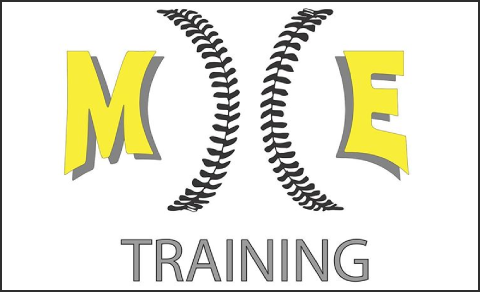In preparation for high school and middle school tryouts for the upcoming baseball season, it is imperative that you are prepared to show your coach the best of your skills and commitment to the team in order to give yourself the best chance to make the team.
The most difficult and painful job any coach has is to tell a young player that he has not made the team.

There are only a certain number of players that a coach can keep on a given team. Sometimes, the number is based on the amount of uniforms a school has, the level of play (many times middle school teams can take more players), the number of quality players trying out for the team or a manageable number an individual coach can adequately instruct.
This always makes it difficult for a coach, as it becomes very difficult to separate one player from another.
In order for a player to be able to be his best for tryouts, there are several keys to keep in mind.
Your off-season training program must prepare you in several ways. A player needs to be in outstanding physical shape before the first day of tryouts. This involves off-season strength and conditioning program that allows you to be physically ready from day one of tryouts. This off-season program should also include a flexibility component.
In addition to an outstanding training program, keeping your baseball skills sharp through the early winter is also vital. Incorporating all baseball skills into your off-season workouts will not only fine-tune those skills, but also have them “game-ready” when the first day of tryouts begins.
Many teams have organized offseason workouts. If that is the case in your school, it is highly recommended that you attend. Although these workouts are termed “optional,” missing them may surely put you behind others who are there on a regular basis. If you are participating in a winter sport (basketball, wrestling, track), that sport should take priority, but doing your best to attend your baseball workout can go a long way in making a good impression on your baseball coach.

Most schools typically allow at least 3-5 days for tryouts, if not more. Here on Long Island and the rest of the northeast where weather may prevent you from using your field, it is possible that your entire tryout may be held indoors. Although that is less than ideal for you and the coach as well, it is sometimes just the reality of the situation. During that tryout, your goal is to be at your best and show the coach the value you can bring to the team. This does not only include your skill set. It also incorporates being a hard worker, displaying that you will be a good teammate, that you have the versatility to help the team at more than one position and that you are willing to do whatever you can to help the team. Many times during my coaching career, we ended up keeping players on the team that may have had borderline baseball skills. These players unquestionably established they would be assets to the overall team chemistry and also displayed their passion for the game.
Be sure that you do not give the coach a reason to cut you from the team. Another way of stating that would be for you to do whatever you can do to make the coach keep you on the squad. In some cases it may just be how much you want it and how you show that.
There are many cases that we had at SWR–and I’m sure other coaches have experienced–that a player made the team purely on grit, determination and improvement of skills. That can turn out to be a player who receives a good amount of playing time, if not even becoming a starter.

Mike Trout photographed for BodyArmor sports drink by Monte Isom
From a coach’s perspective, I was always big on players being part of our program. It was never just about the Varsity team. My thoughts were that it always built up to that. Most HS coaches follow the players in the program from at least seventh grade and on. As a coach who is committed to the entire program as it relates to building up to the Varsity level, it is vital that a coach is well aware of every player in the program. That includes watching them play at the Middle School and JV level, in the summer and perhaps through their off-season training. This helps the coach evaluate the player’s growth and development and it also makes the player feel that the Head Coach is interested in him as a player. This helps lead to overall program unity and development.
When it eventually comes time for the athlete to tryout for Varsity, the coach will have a vast amount of information and also know the level of commitment of the player. This evaluation often helped me make final roster decisions.
Another major factor that needs to be addressed is the players’ academic performance. A coach should be and will be aware of your school performance in the classroom as well as in the hallways. The last thing a coach wants is an academic issue or discipline issue to arise during the season.
I hope that this article will help you, as your tryouts will begin in just a matter of weeks. I also hope that coaches may pick up a few bits of advice in order to help you through some difficult decisions.












